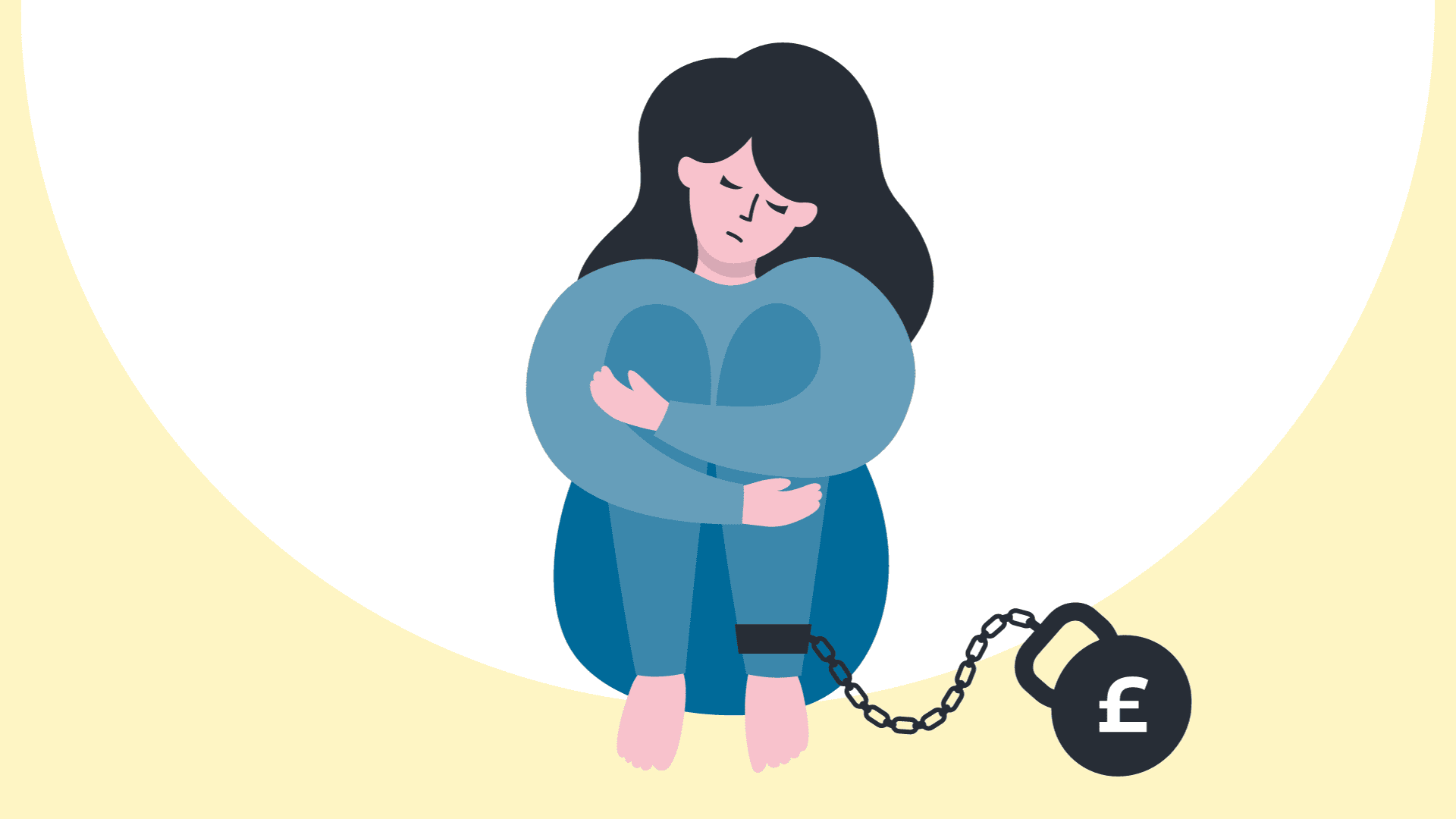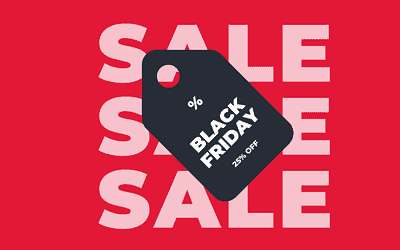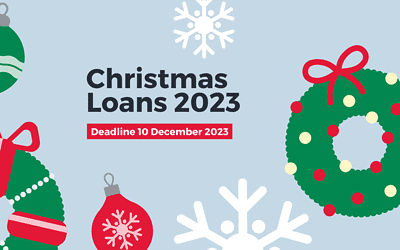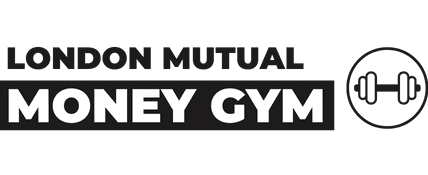Often, when we think of domestic abuse, we associate it with physical or sexual violence that happens between couples or partners or within a family. But it’s important to be aware that this is only one part of the picture.
Abusive behaviour can come in forms that are sometimes harder to identify. Financial, emotional, financial and economic abuse are all forms of abuse in their own right but often come hand-in-hand with more outwardly violent behaviour. The impact on victims and survivors is no less devastating.
This Sunday is International Economic Abuse Awareness Day. Economic abuse is much more common than you might think. Nearly 2 in 5 UK adults (39%) say they have been economically abused in a current or previous relationship. At London Mutual, we believe that for this to change, it’s time to talk about the scale of the problem, how to recognize the signs and to help support those suffering or at risk.
What is Economic Abuse?
Economic abuse involves using money as a means of controlling various aspects of someone’s day-to-day-life. This could involve preventing them from getting around using transport, controlling who they can communicate with via a mobile contract, or even limiting their ability to buy essentials like food or clothing. This type of abuse is all about control. It is designed to make the victim dependent on their abuser by putting them into financial difficulty, limiting their freedom to make choices for themselves, and preventing them from leaving the relationship. If you or someone you know is dealing with a similar situation, we are here to help in connecting you with the right support.
How to Spot the Signs…
Even if you are experiencing these types of behaviour, it can be hard to connect the dots and recognise what you are experiencing as ‘Economic Abuse’. Not everyone likes labels – perhaps you may not feel like a victim or that it is a big deal. But, if any of the following situations sound familiar to you or someone you care about, you should know you don’t have to put up with it. There are ways we can help and other organisations which can support you.
Signs of Economic Abuse:
Controlling Income and Access to Money
- Preventing you from going to work, accessing education, or finding a job.
- Limiting the hours you work or forcing you to remain at home against your wishes.
- Forcing you to give up control of your work pay or hand over your income benefits to them.
Restricting Financial Independence
- Controlling how money is spent within the household or restricting everyday purchases you need, like transport, food and clothing.
- Limiting the amount you can spend without your agreement.
- Taking control over household bills and not giving information about where or how the money is being spent.
Exploiting You Financially
- Regularly stealing money or items from you.
- Causing damage to your property.
- Refusing to contribute to household costs, such as food, rent, electricity, gas and other bills.
- Spending money on themselves that is needed for household items and bills.
- Misusing money held in joint bank accounts for their benefit.
- Putting all credit cards and loans in their own name while forcing you to pay for them.
- Using your name to apply for credit and take on debt without your knowledge or agreement.
Where to Get Support
Economic abuse can be a difficult situation to navigate, but remember that support is available to you. If you know someone who is experiencing this type of abuse, there are a variety of resources that can help:
- Immediate Assistance: If you find yourself or know someone in immediate physical danger, always call 999.
- Financial Support Line for Victims of Economic Abuse
This service can give you advice and guidance on how to find financial stability and regain control after and during Economic abuse- you can call for free on 08081968845 during the weekdays from 9am–5pm. - NHS Guidance for Domestic Violence and Abuse
For more details of charities and helplines specifically for men, women, LGBTQ+ and those at risk of forced marriage or honour-based violence, visit this page. - Woman’s Aid– This is a charity that aims to stop domestic abuse for women and children. For guidance and advice, they have a Live Chat bot from 8am-6pm weekdays and Saturdays from 10am-6pm.
- Let us know
If you are a Member of London Mutual Credit Union and have concerns about someone accessing or controlling your account without your permission or applying for credit using your details, you can send an email in confidence to [email protected]. A member of our team will be able to help you regain control of your account and prevent others from accessing your money.
Conclusion
Economic abuse is a very complex form of domestic abuse that often goes unnoticed, with lasting effects on your mental health and financial wellness. Remember, you are not alone; and it’s not ok. By talking about the problem and signposting people to guidance and support, we can help to end economic abuse and help survivors regain control over their lives and finances.




